As I watched the sun rise over Phewa Lake and its ubiquitous row boats my first morning in the Nepalese city of Pokhara, a stray dog who exuded the same desperation I remember embodying as a child approached me. I kept him company for a long while, but was helpless to ward off the vicious pack of peers that stalked him as I walked away.
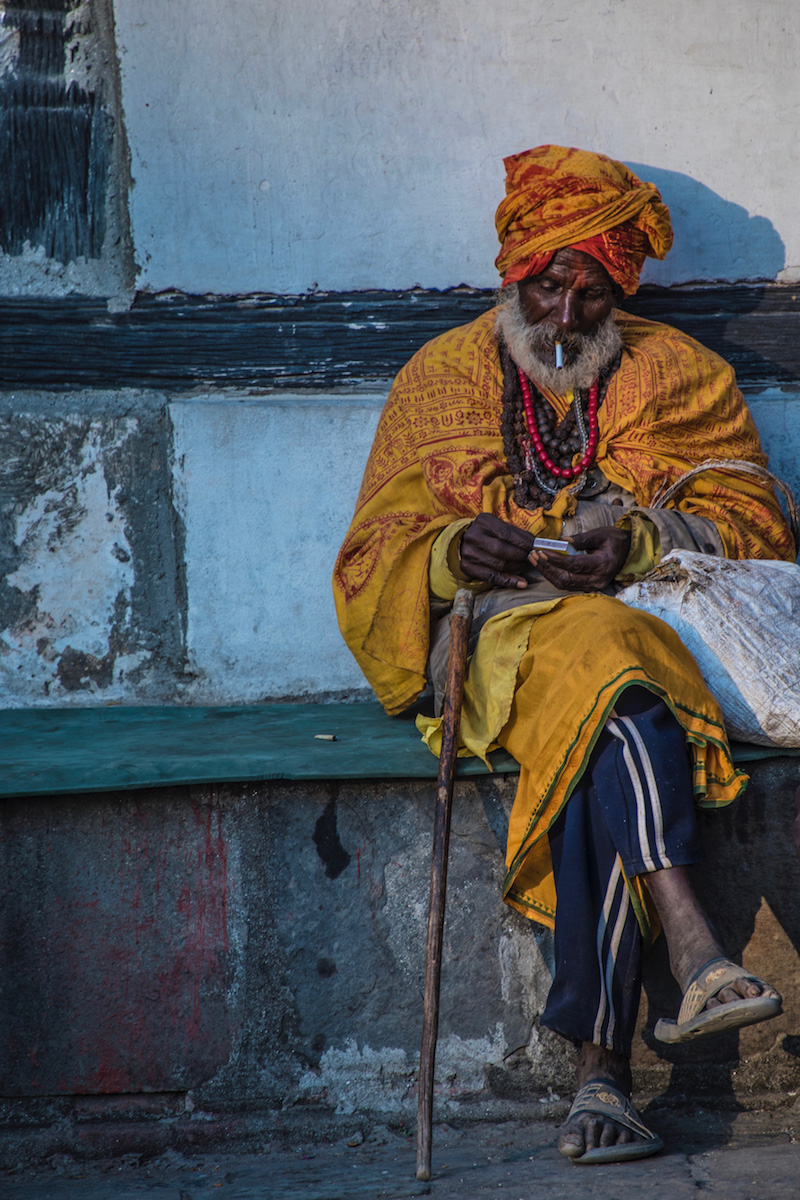
I guess they grow wild here? I wondered, noticing a poinsettia tree on the side of the road.
A few days before my 10th Christmas my father, upon my asking him if poinsettias were in fact poisonous, had pulled a petal from the one on our kitchen table and dared me to taste it. I accepted, not wanting to be seen as weak, but spent the hours that transpired until my mother got home (a single bite, she assured me, would not be lethal) panicked I was doomed to death.
Across the street, another sign. ROBOTIC MUSEUM, it read, above an image of a golden face cocked sassily to the left. Life and teachings of Gautam [sic] Buddha.
The first of my two weeks in Nepal was nothing short of magical, a long weekend amid the temples of Kathmandu followed by a six-day trek through the Himalayas with a sherpa, his wife, his young son and a man from Poland who always seemed to have chocolate bars on his person.
Week two, however, was different. Pokhara, for example, is without a doubt the most hyped destination in Nepal, and it did not even come close to living up to said hype.
“I’d like to ask you to close your eyes,” the voice inside the first room of the museum pleaded, as a plastic Buddha sat atop a spinning, styrofoam globe moved its mouth. “And simply focus on your breath.”
I’ve always seen pieces of myself in the various Siddhartha tales I’ve read, a tendency not even the ramshackle robots relaying this one could thwart.
Pieces, but not the whole picture: I’m down with Buddha’s wandering ways, but I never seem to have the sorts of epiphanies he does; I avoid the pain he says is inevitable in life, but do little to ward off the suffering he insists is optional.
Although my subsequent trek through the jungles of Chitwan National Park was memorable because of my animated guide, a local Tharu man named Bharat who happened to be born the same year as my father, the high grass at this time of year obscure all but a few of the rhinos and elephants that inhabited the park; I saw zero tigers and countless deer.
It would take 10 hours to travel the 50 miles (as the crow flies) from the park’s exit to Kathmandu, an agonizing journey that made me call my entire trip into question. When I departed my hotel to catch my flight home the following morning, I noticed a man in a nice suit standing on the corner of a rooftop.
“Don’t jump,” I mouthed through the window of the taxi, my hand pressed on the glass.
I had no reason to believe he was suicidal, but I do know that the line between a cliff’s edge and a beautiful panorama is as narrow as the the Middle Path Buddha says we should walk along. As had been the case with my canine friend in Pokhara, I couldn’t destroy his demons, but I hoped the goodness of my intent might make them reconsider.
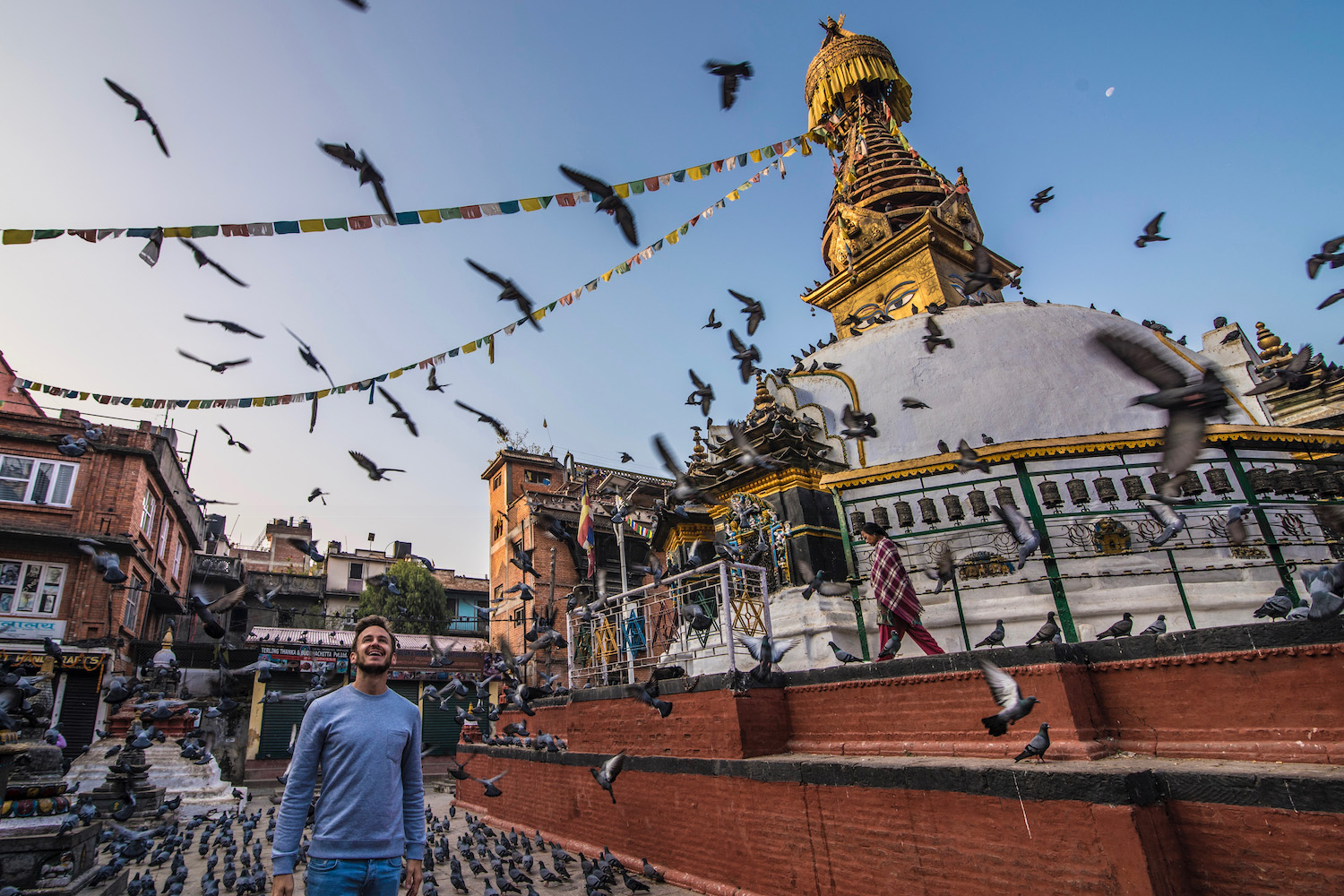
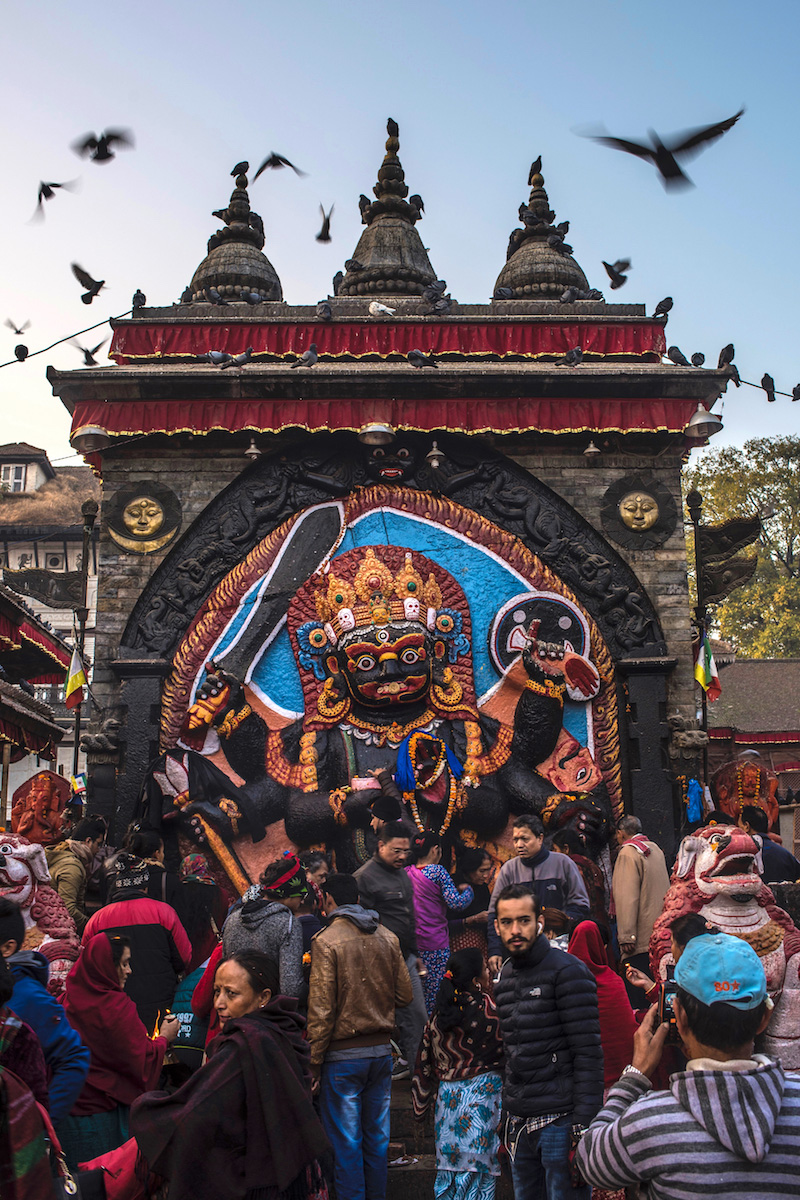
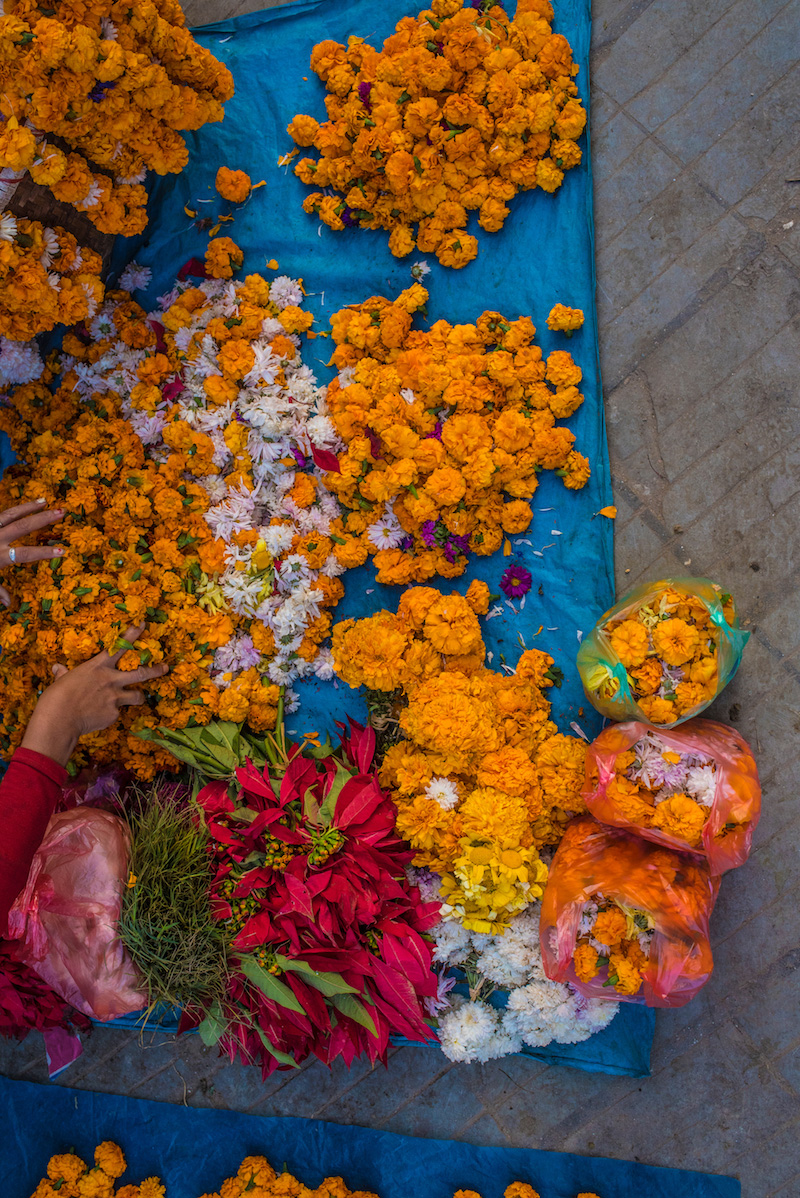
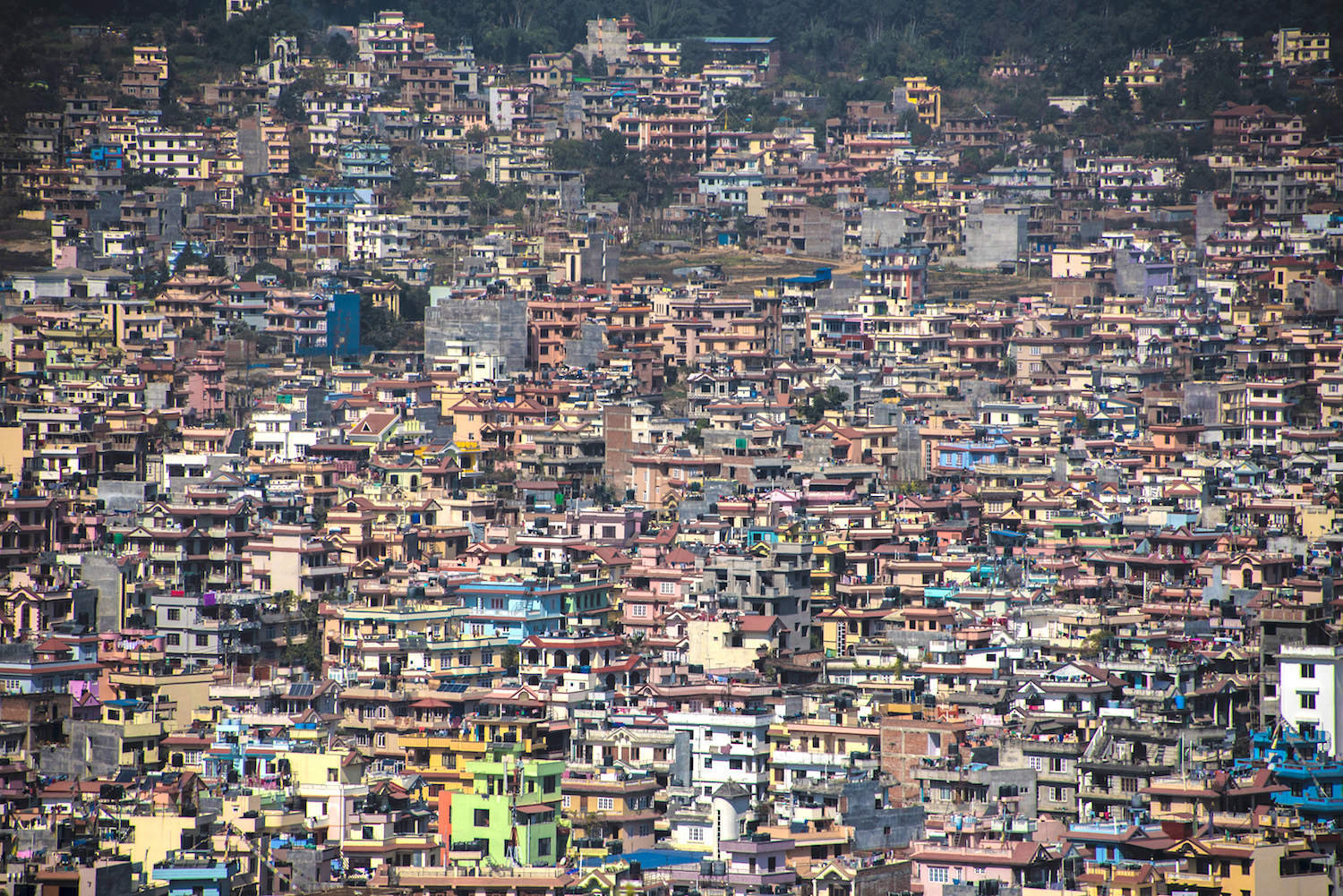
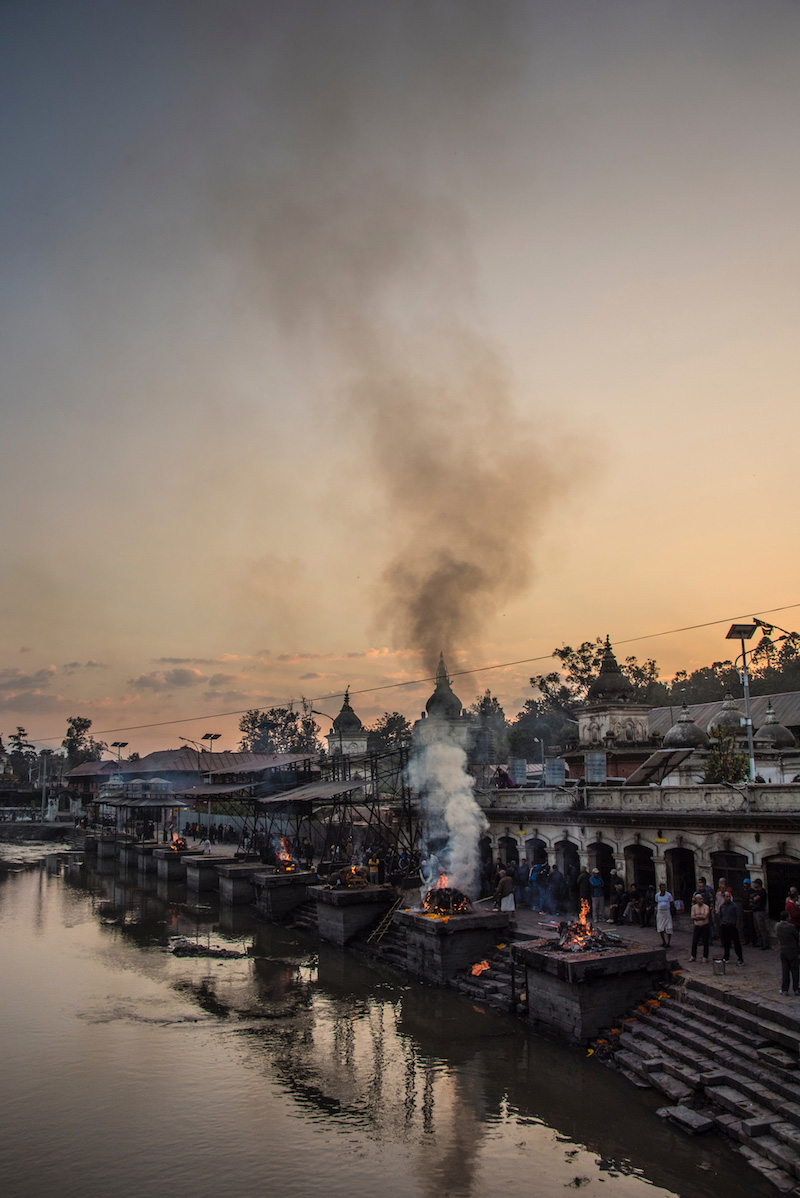
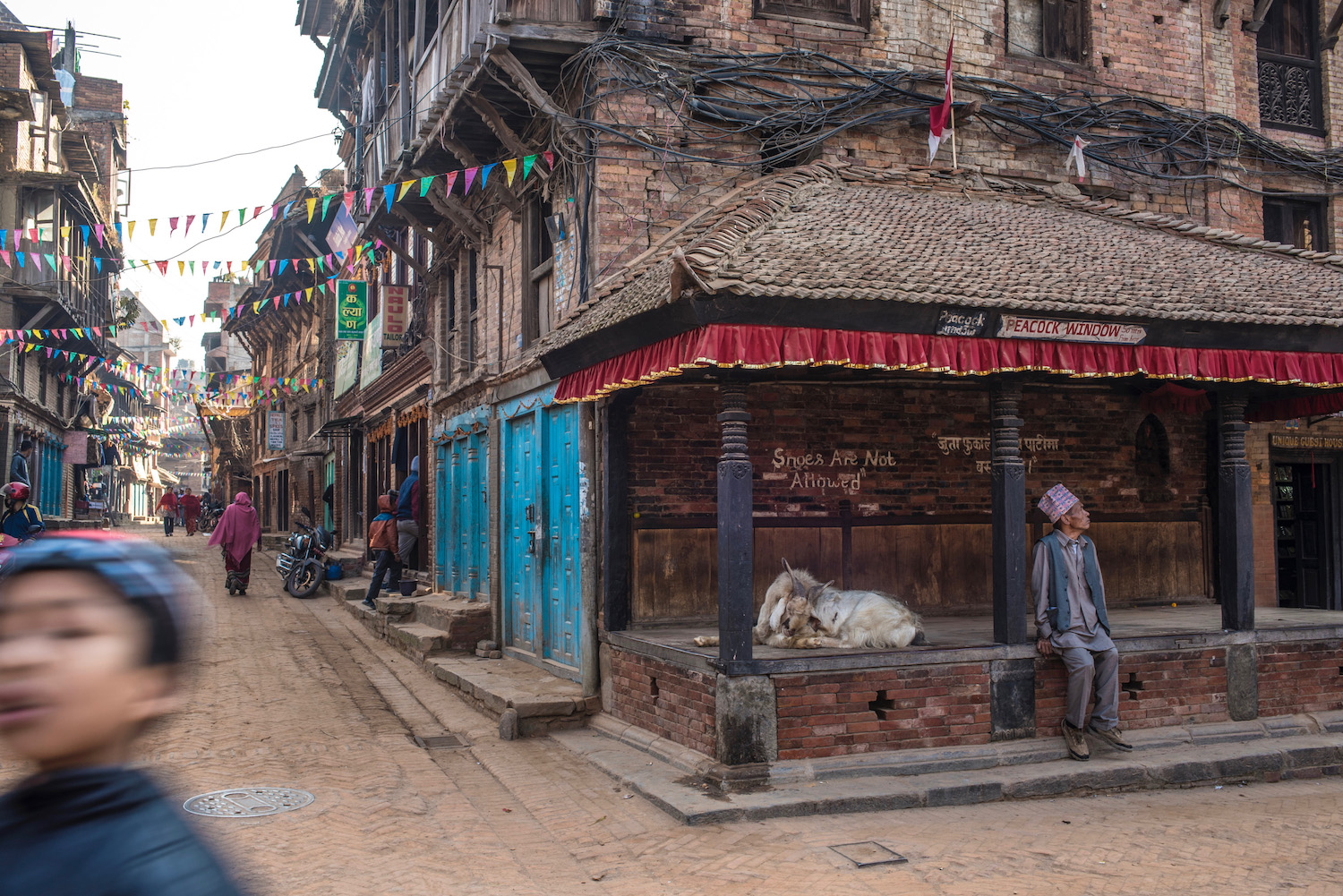
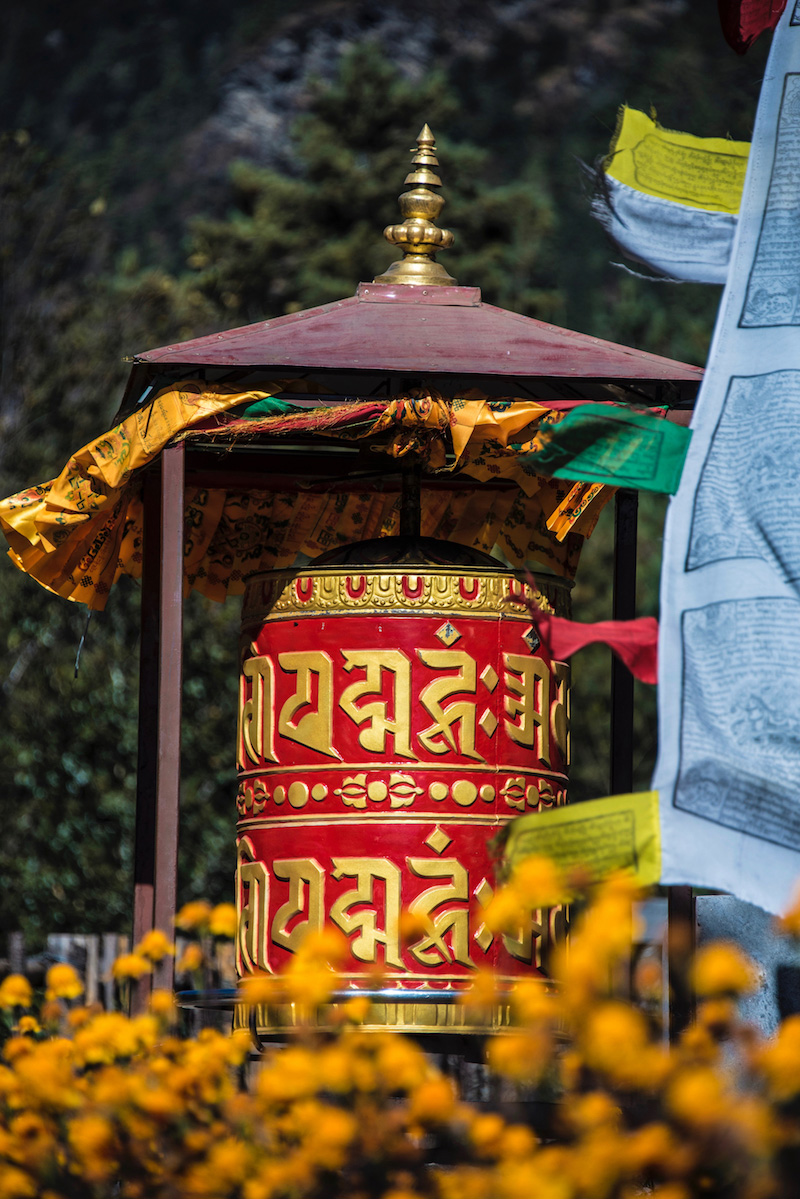
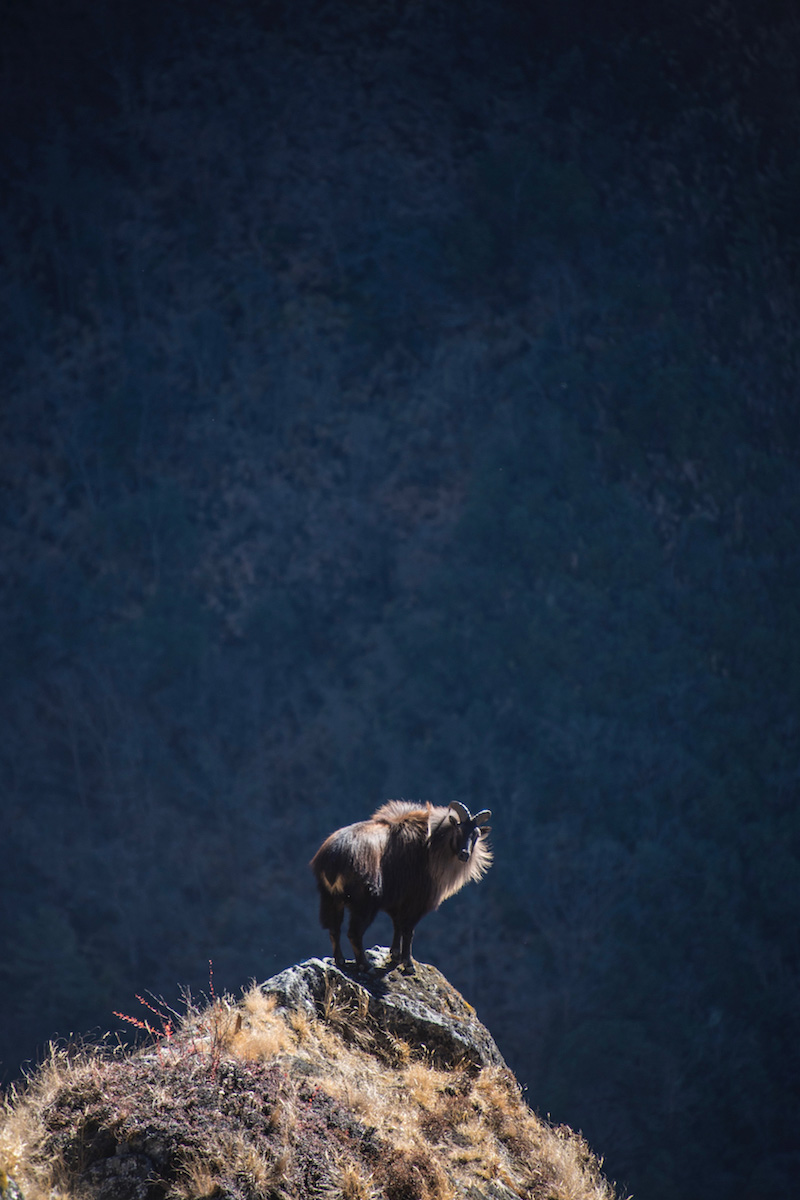
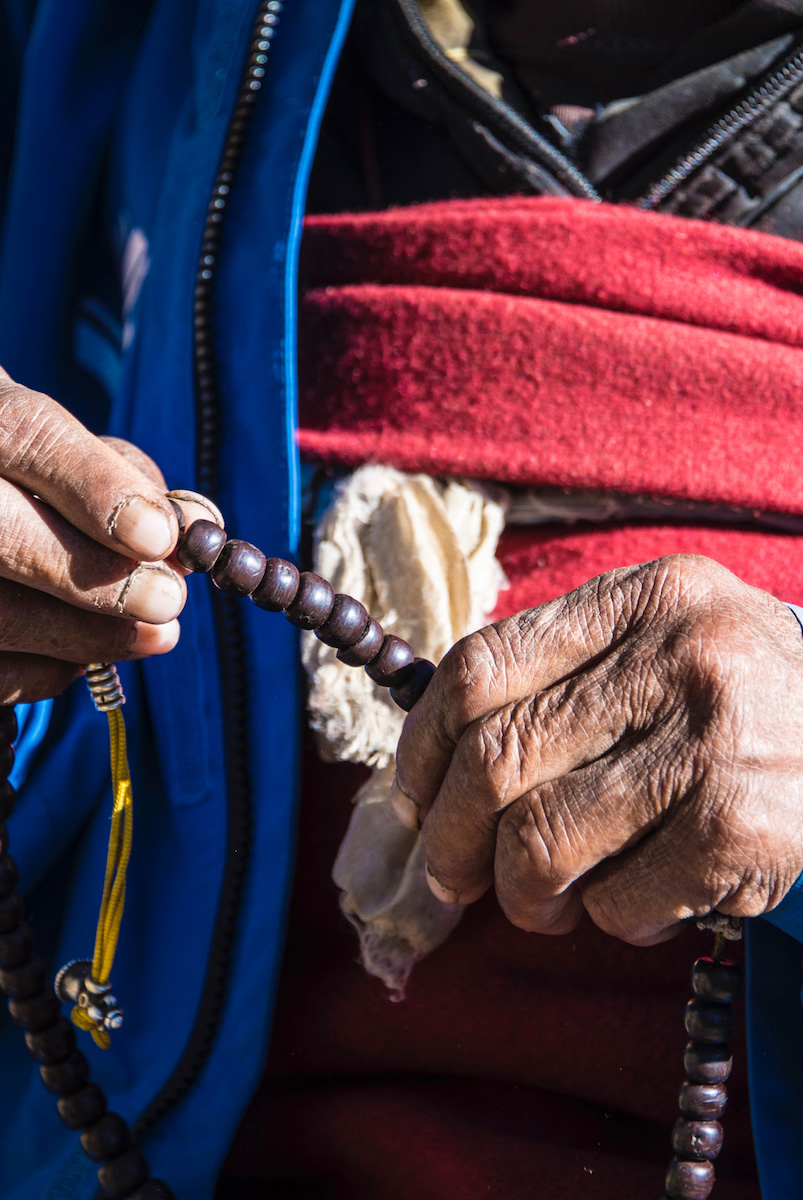
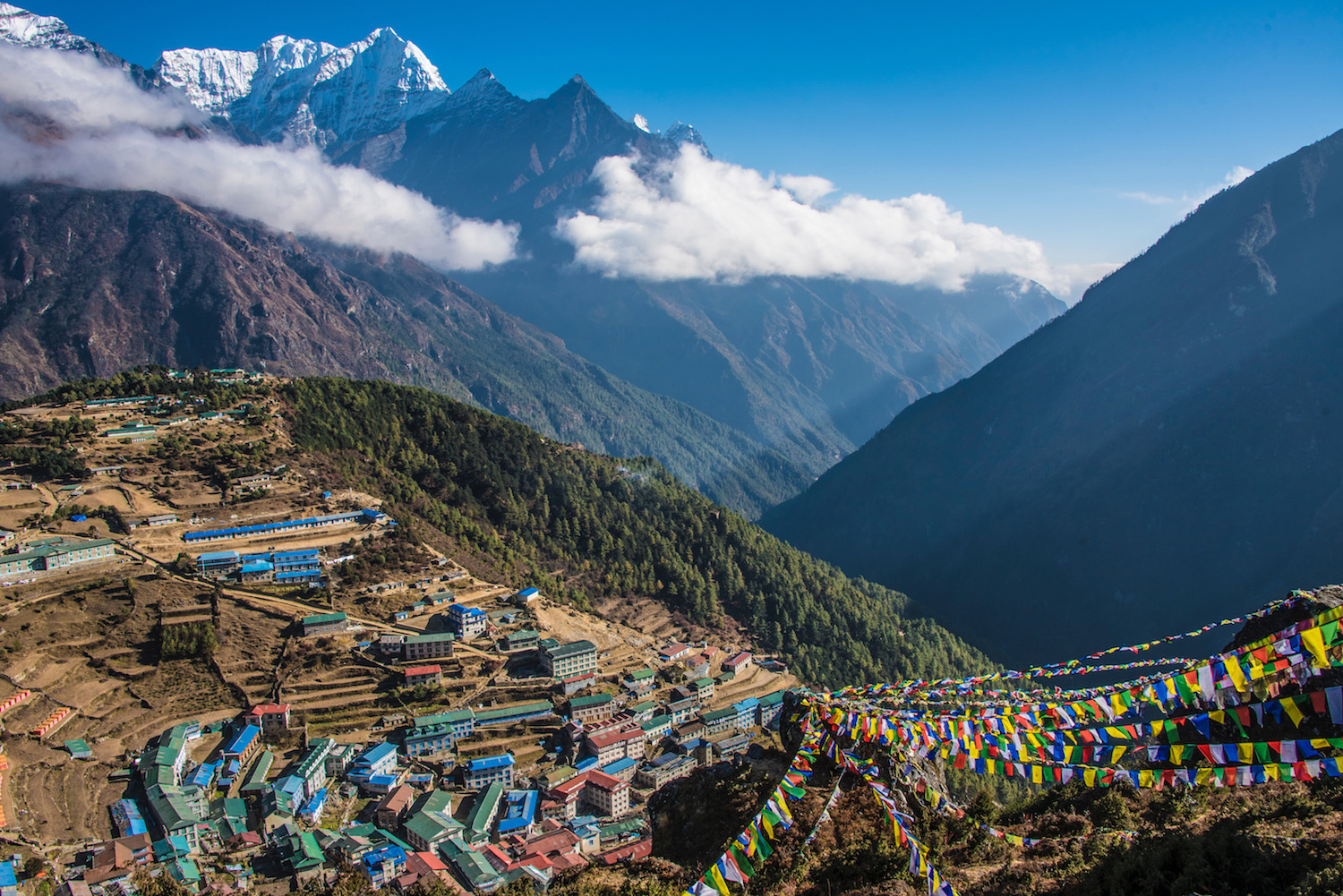
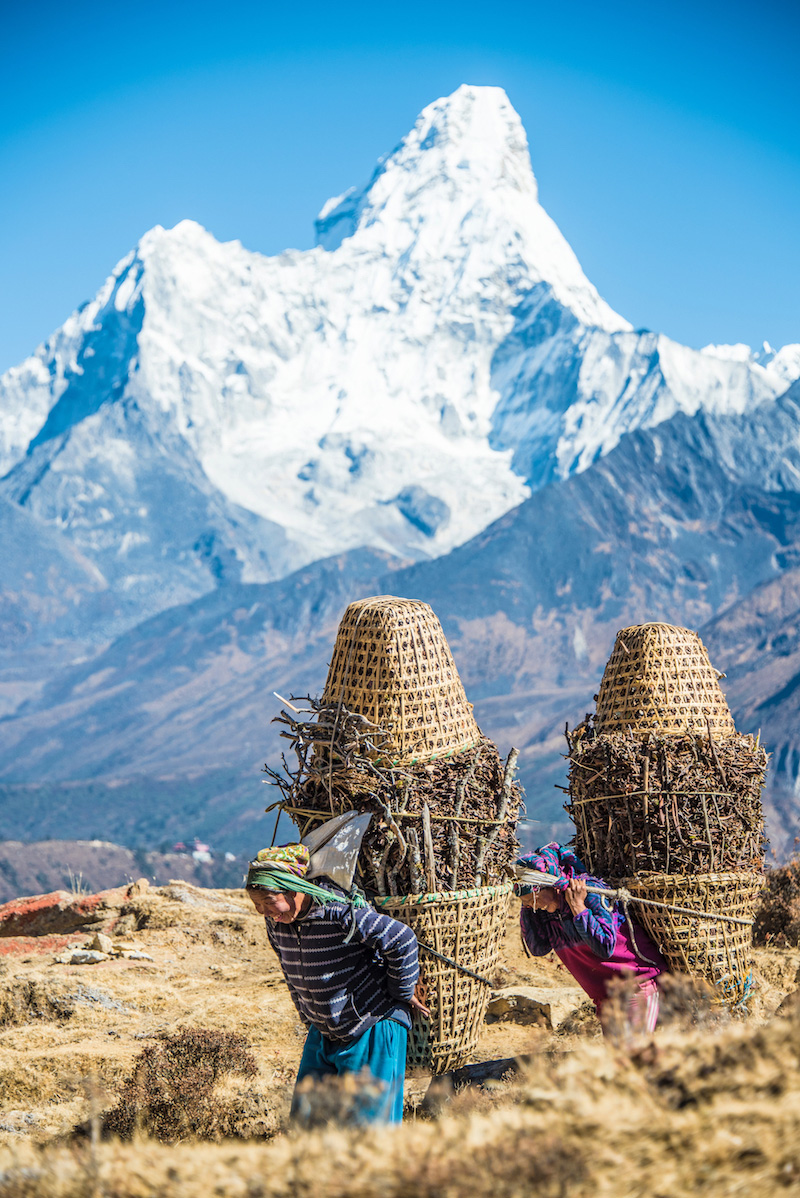
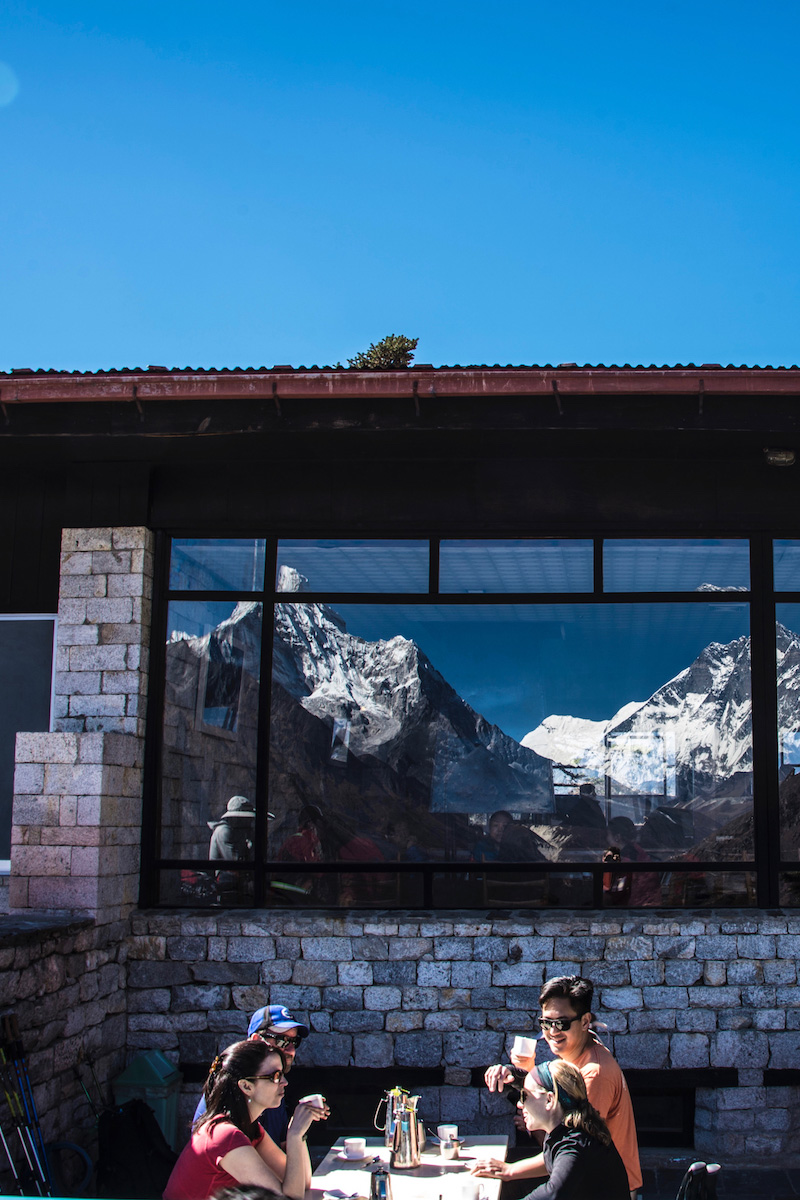
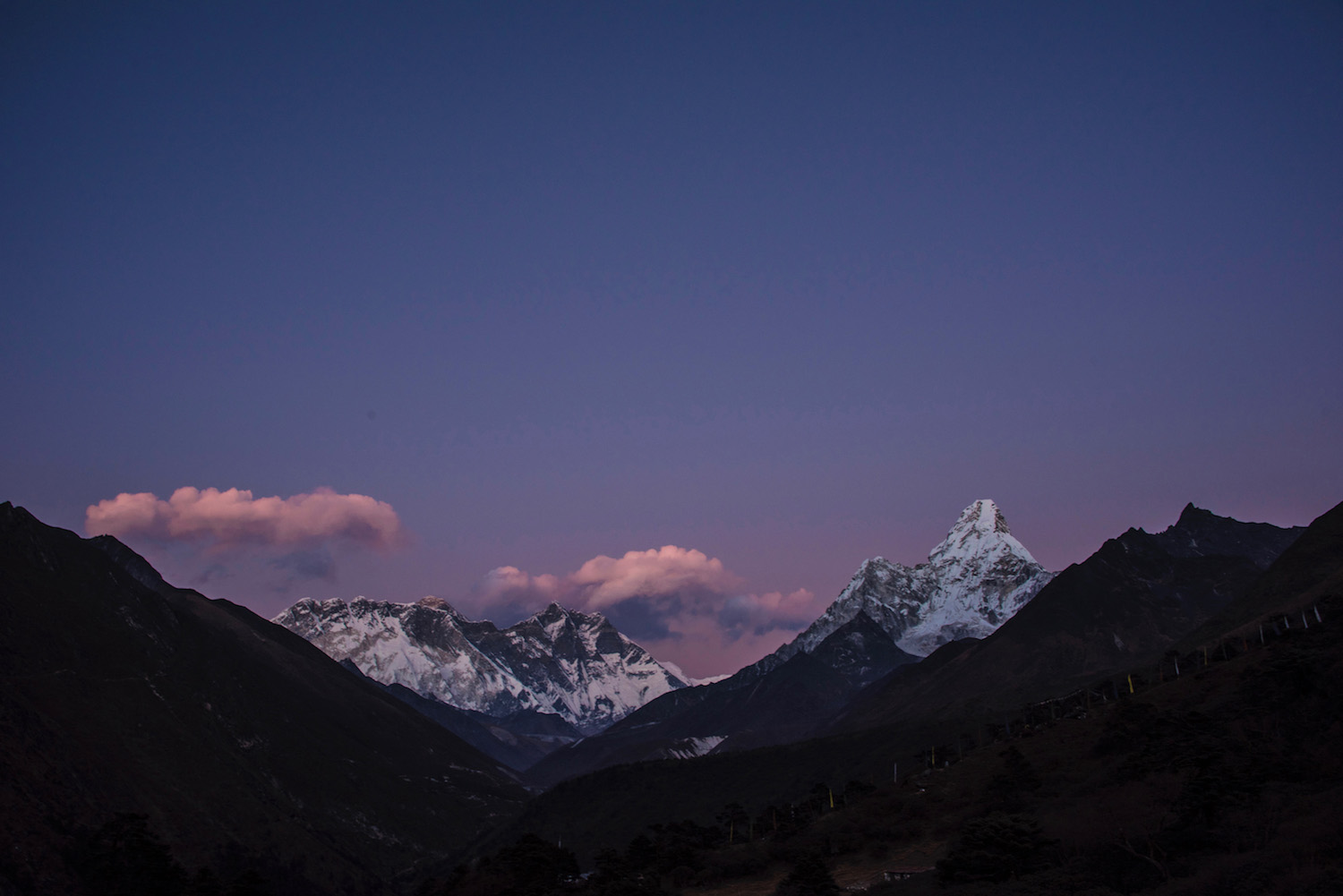
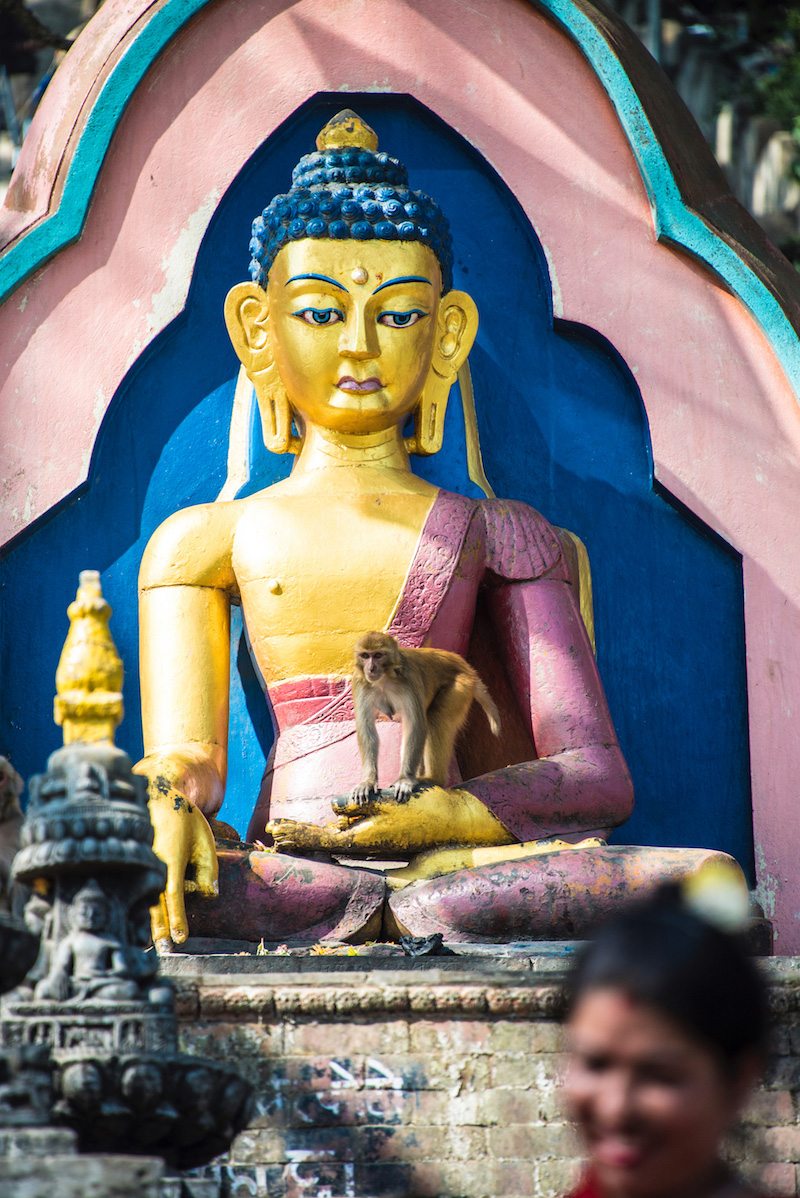
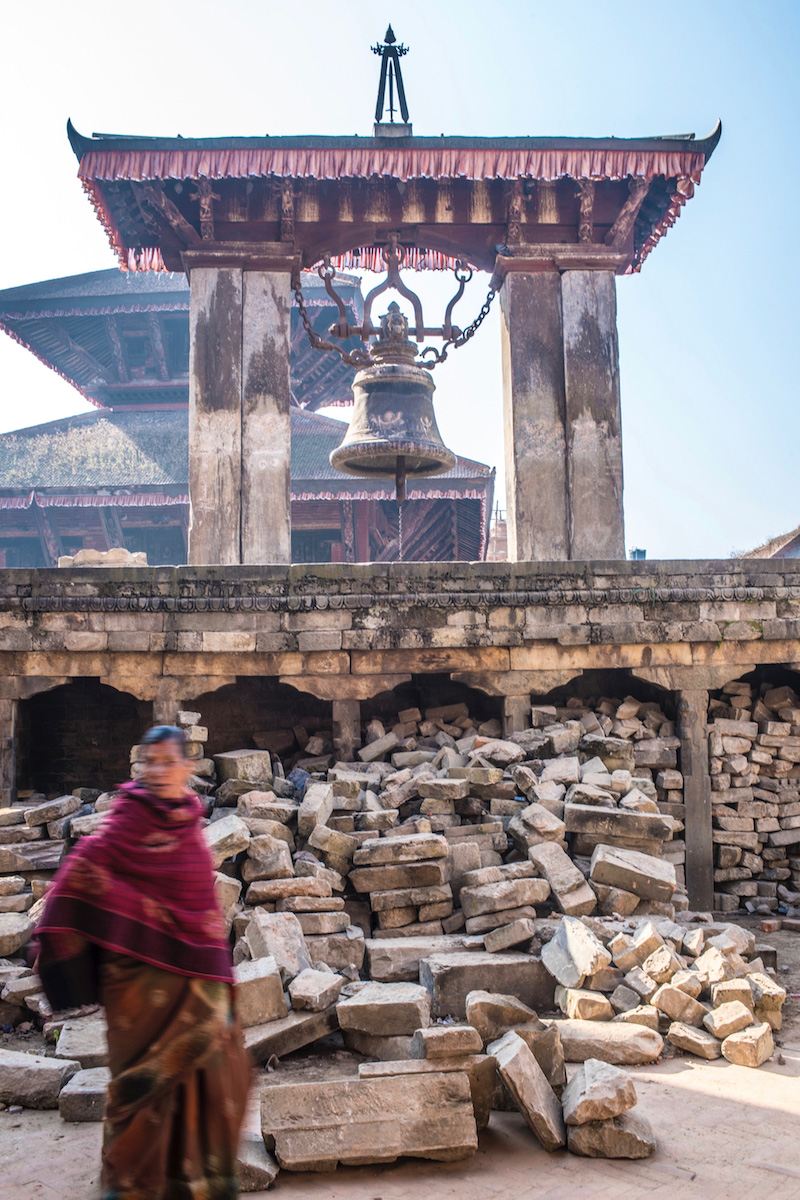
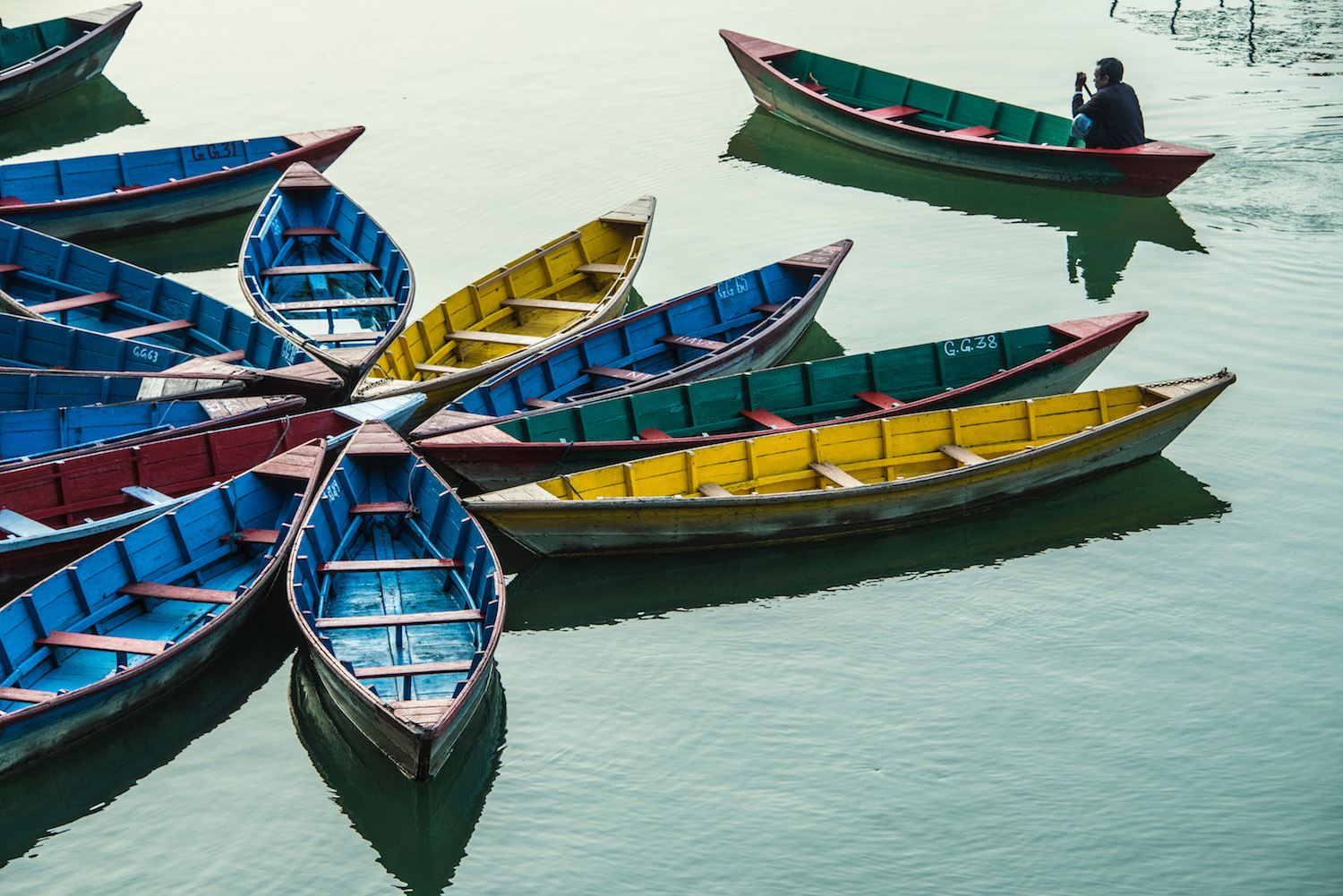
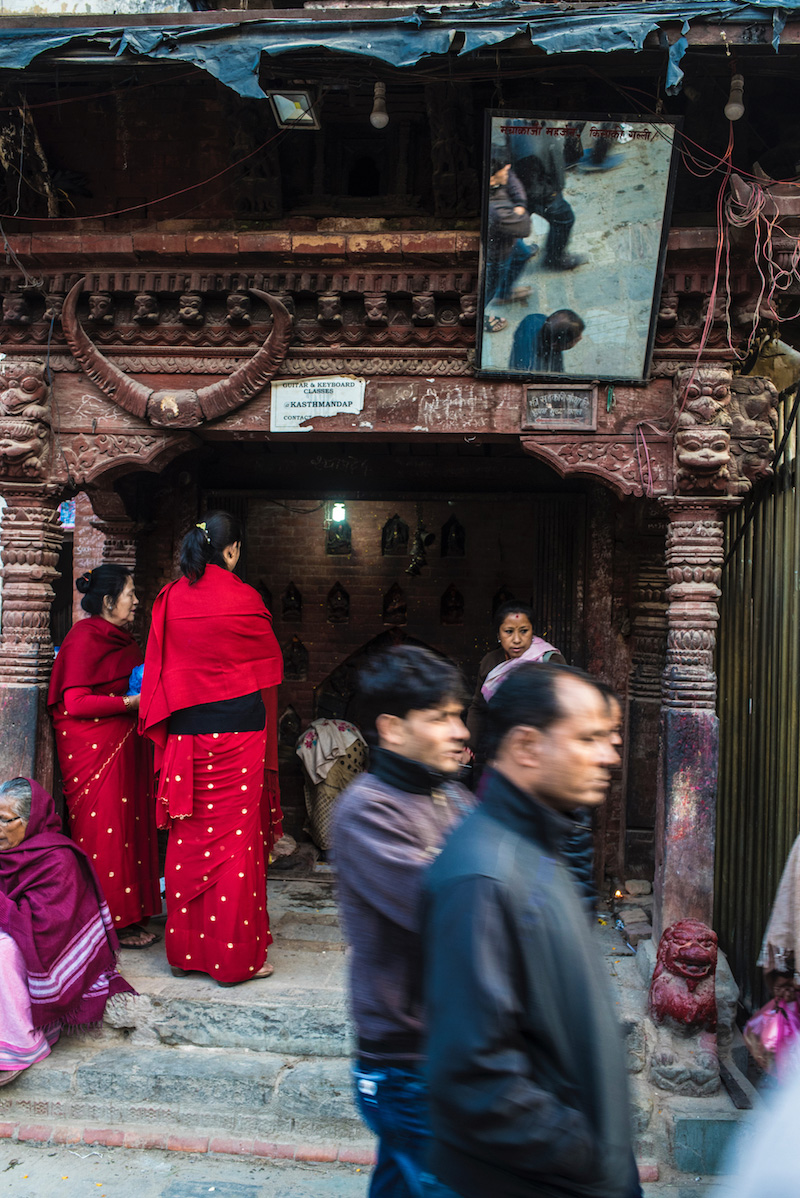
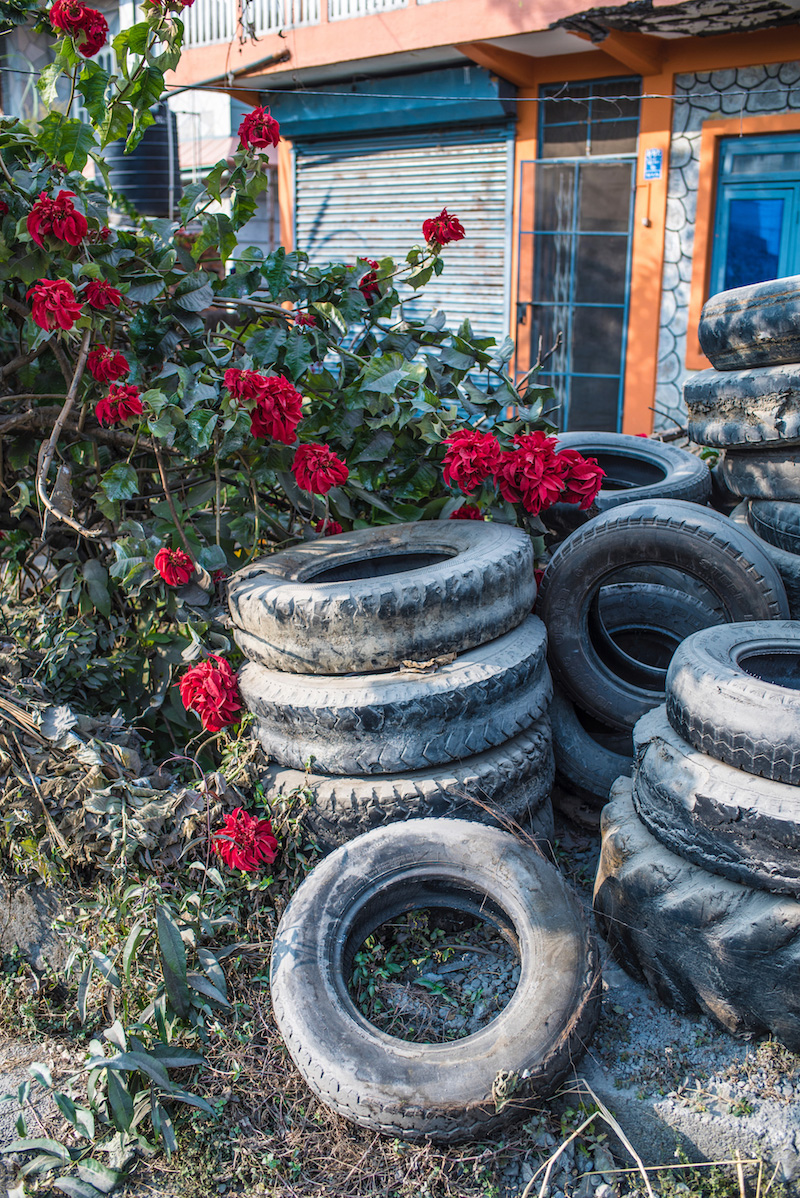
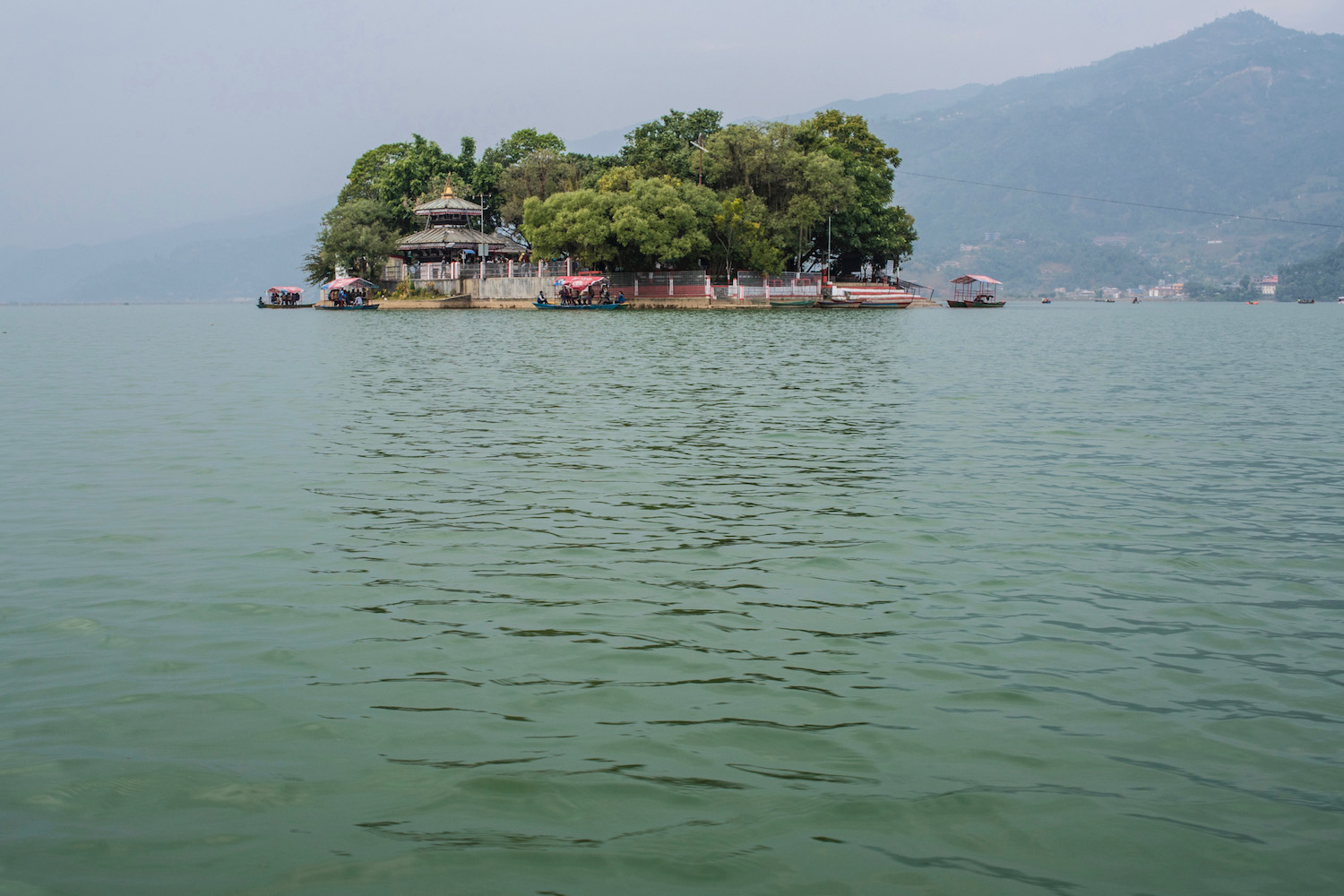
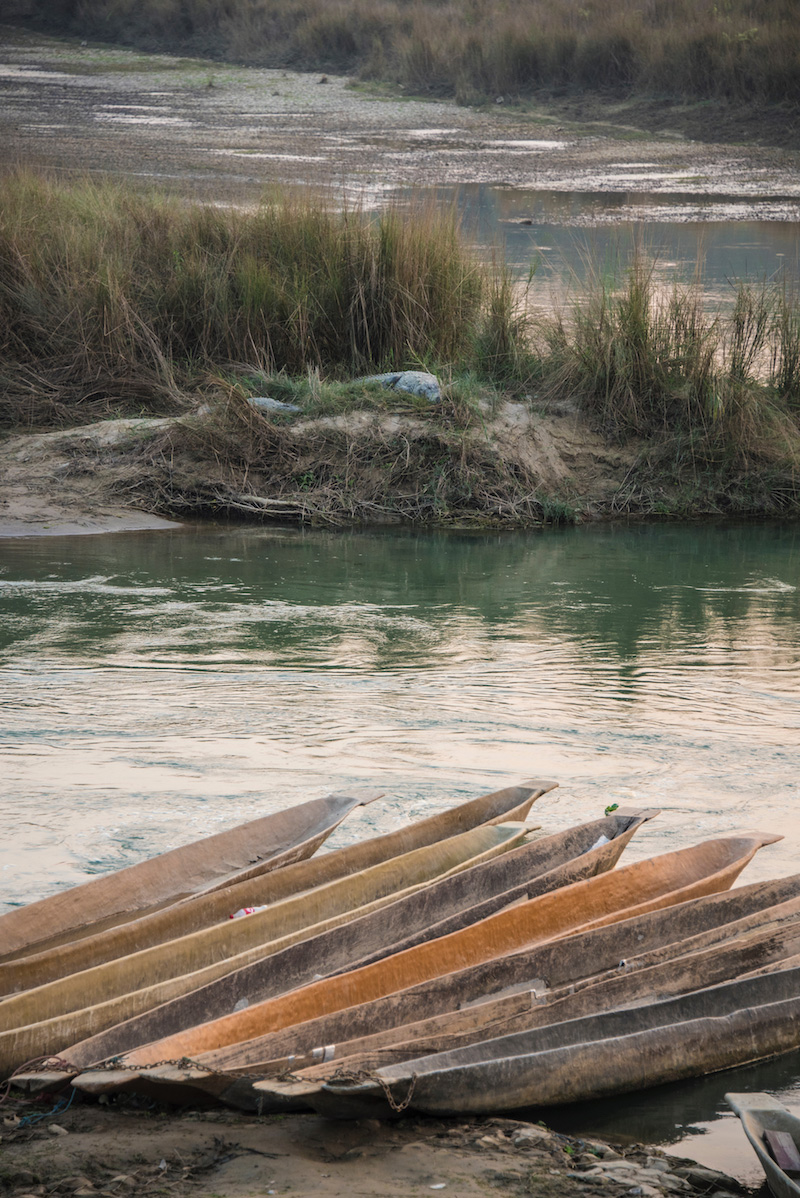
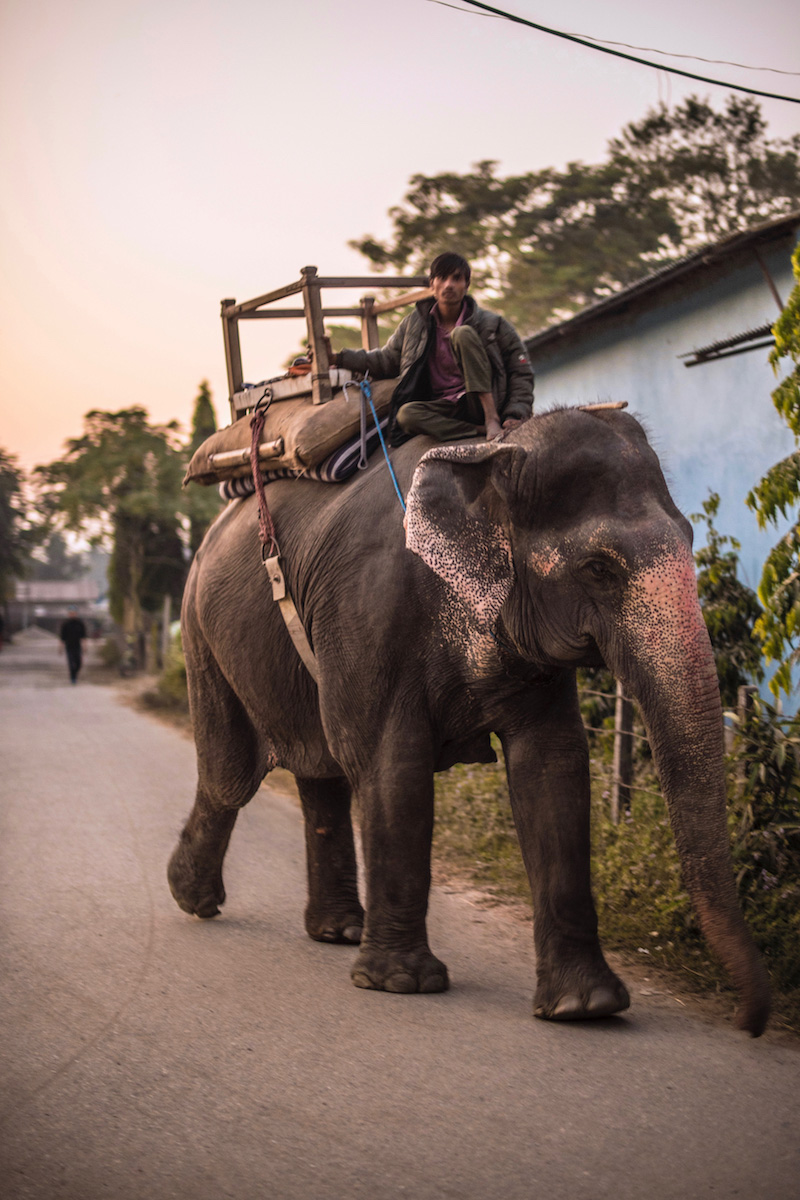
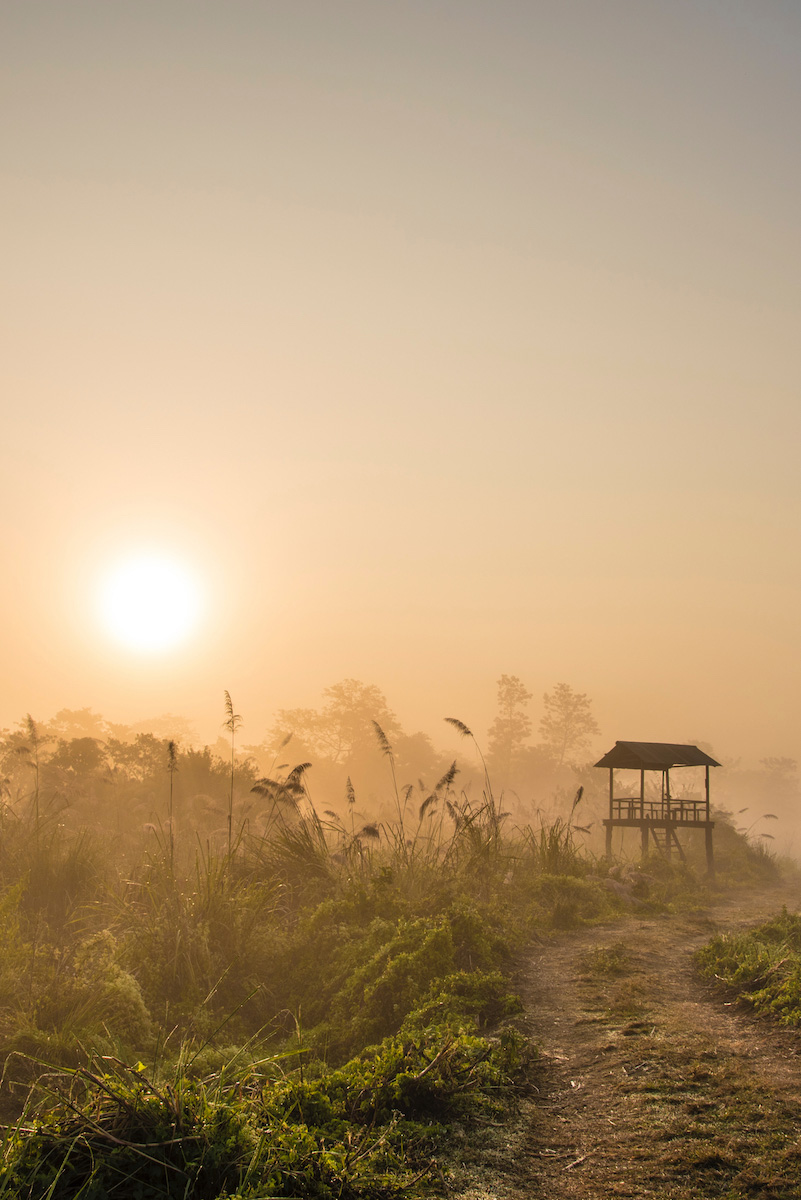
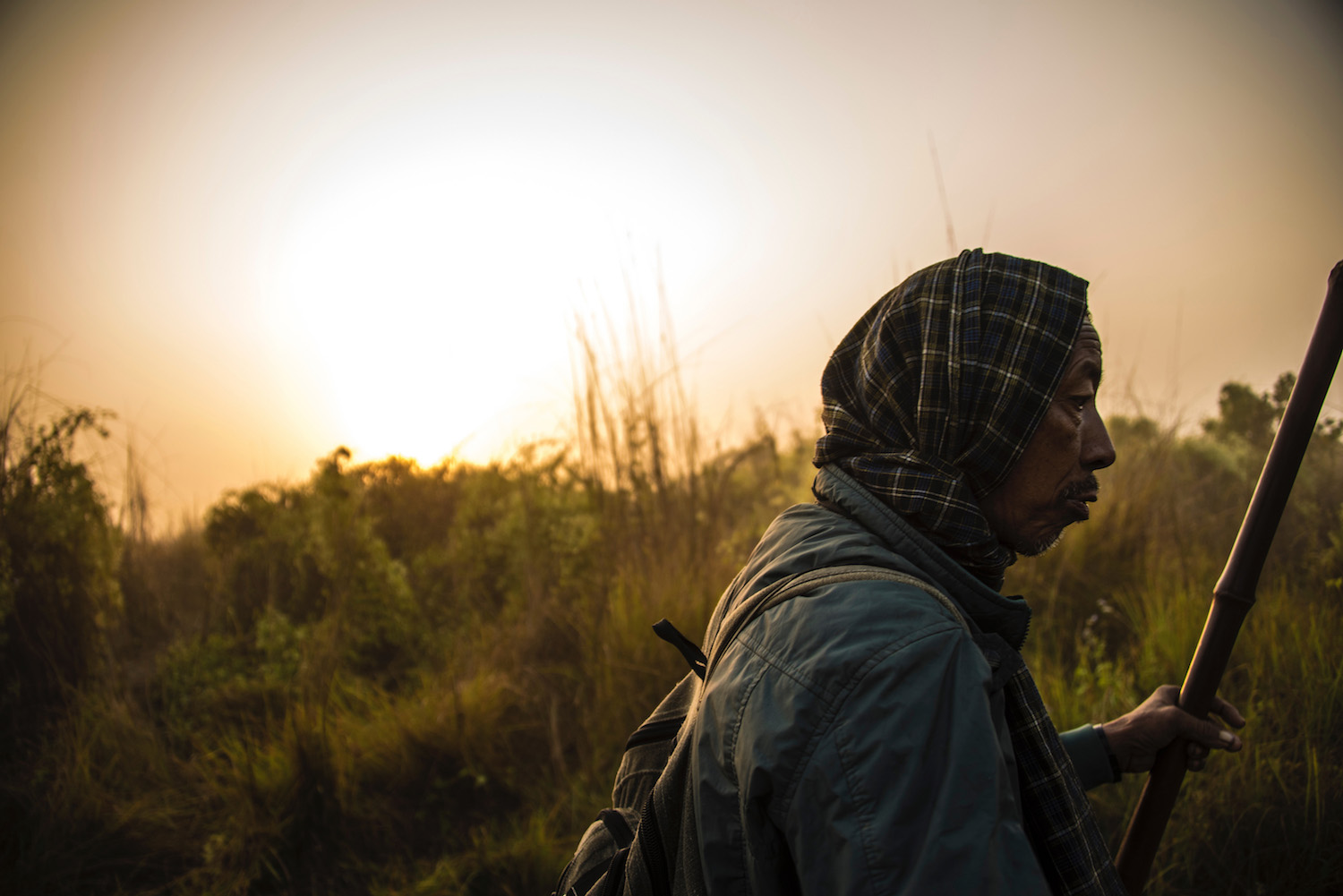
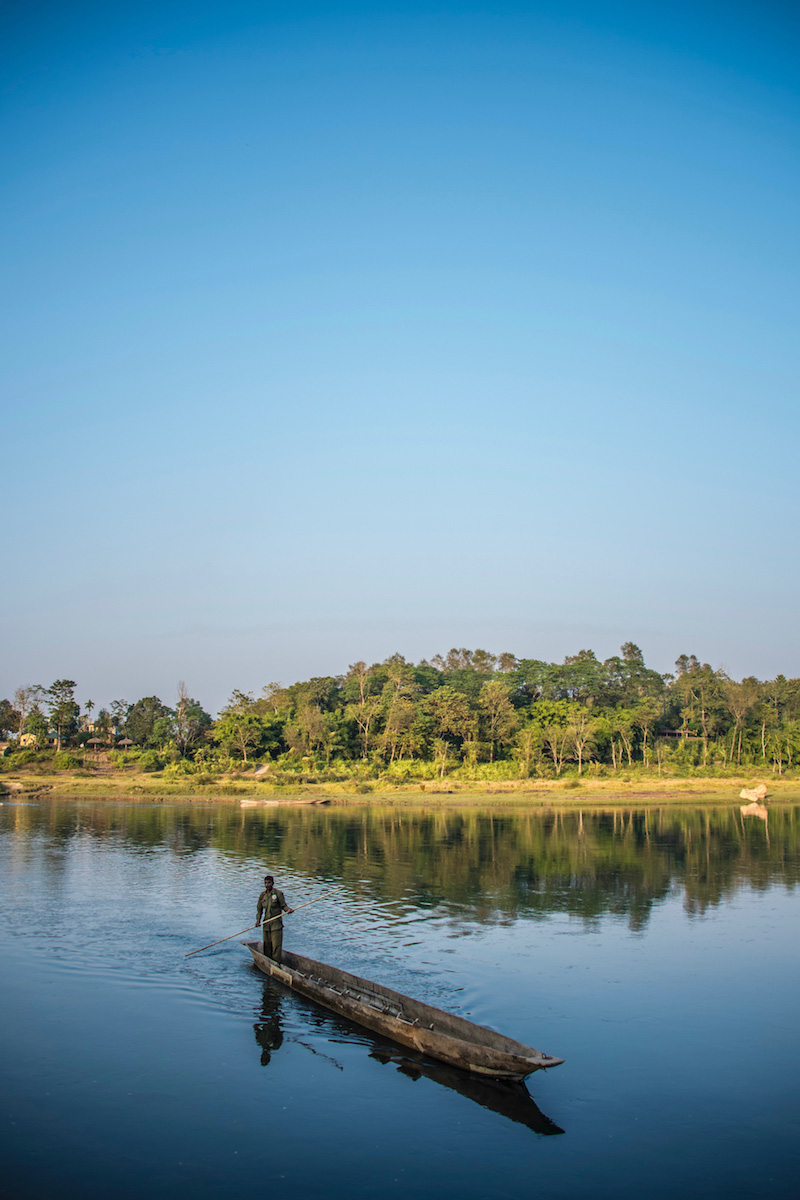
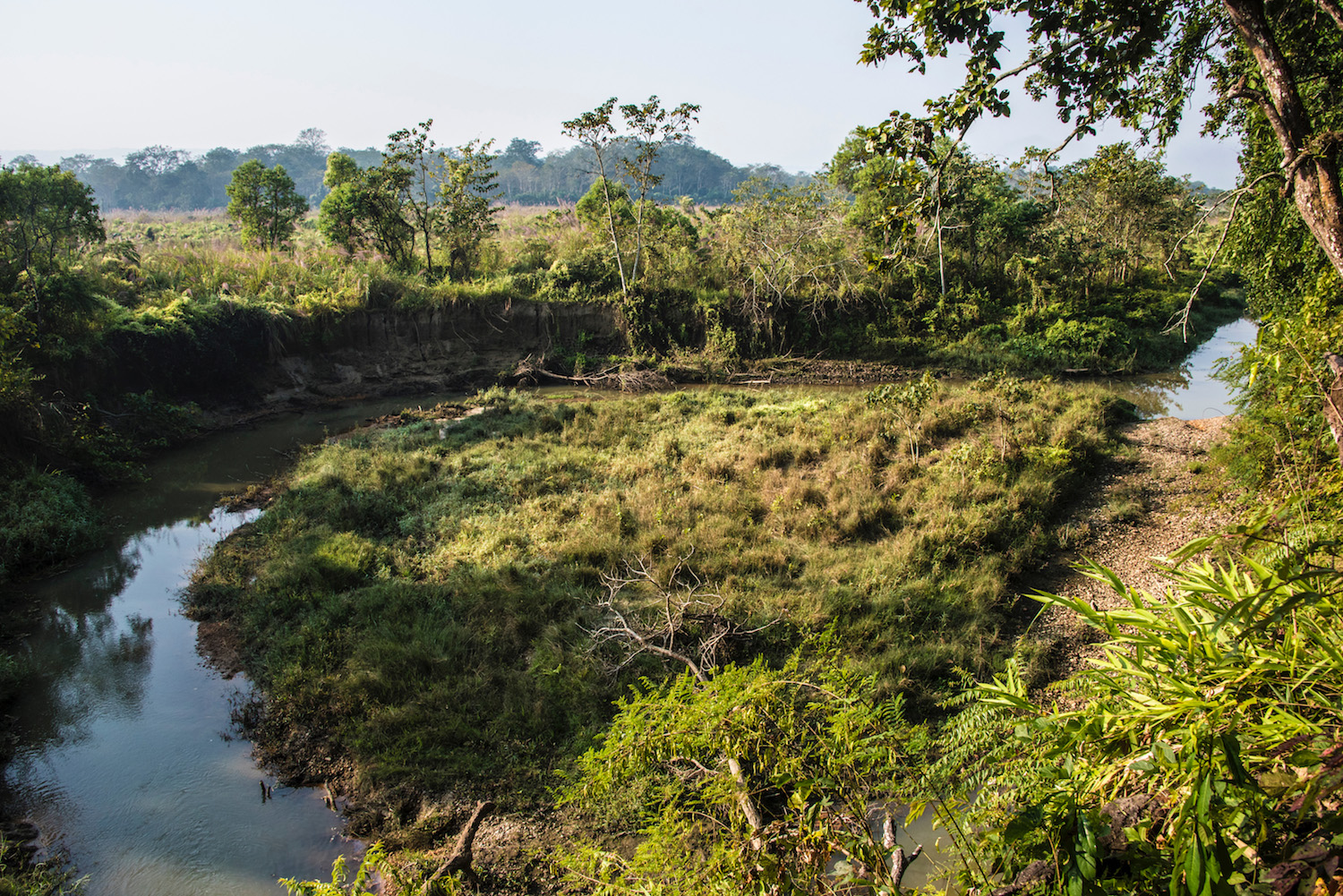
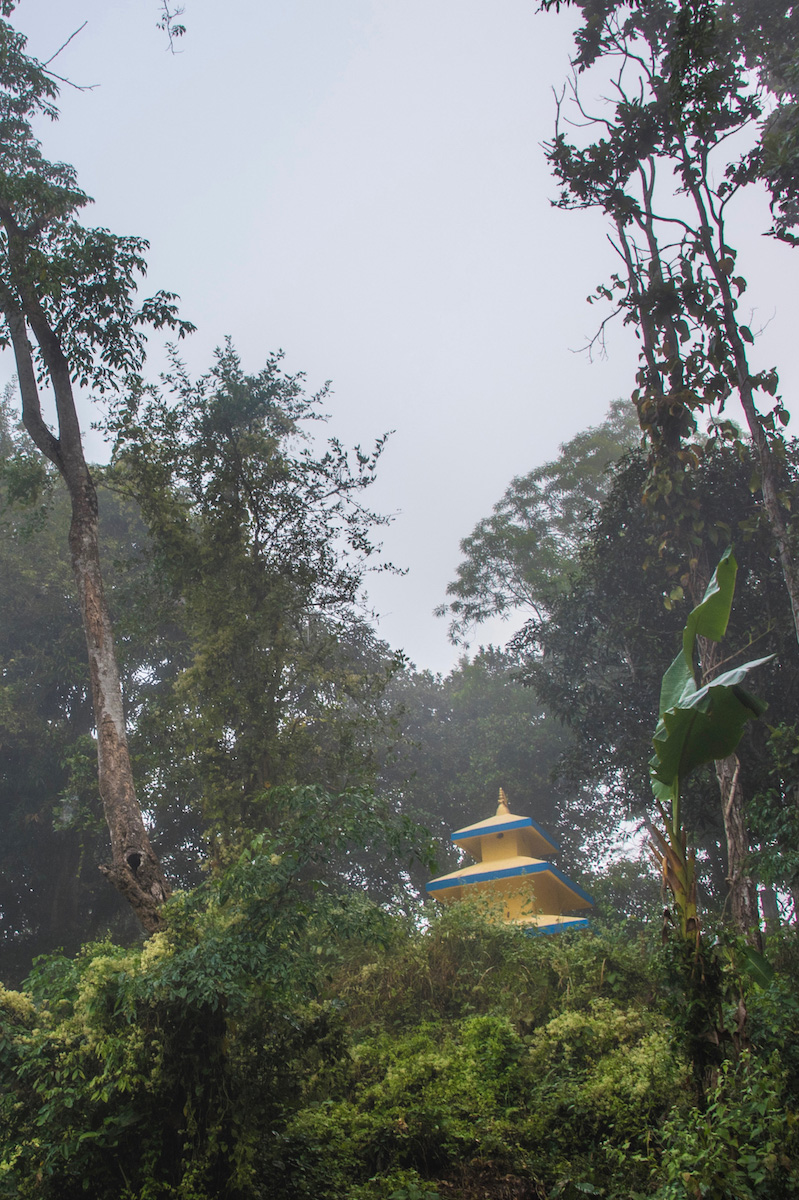
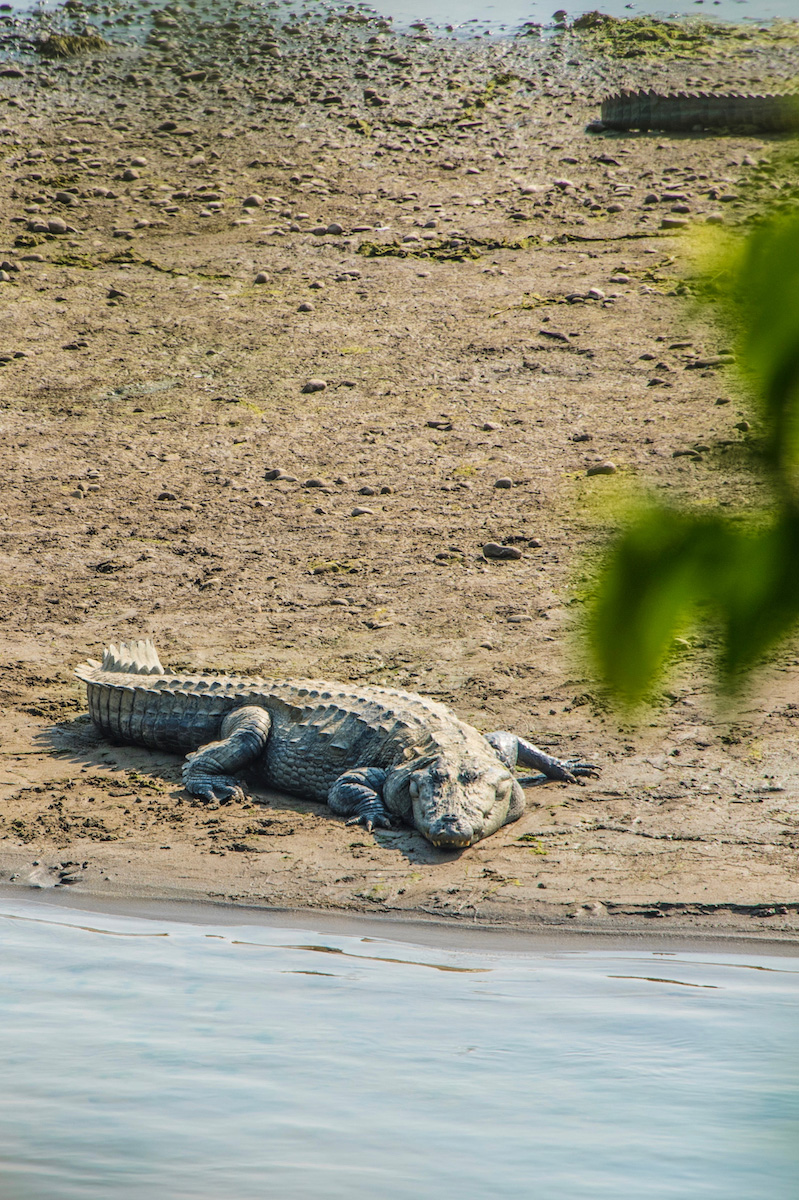
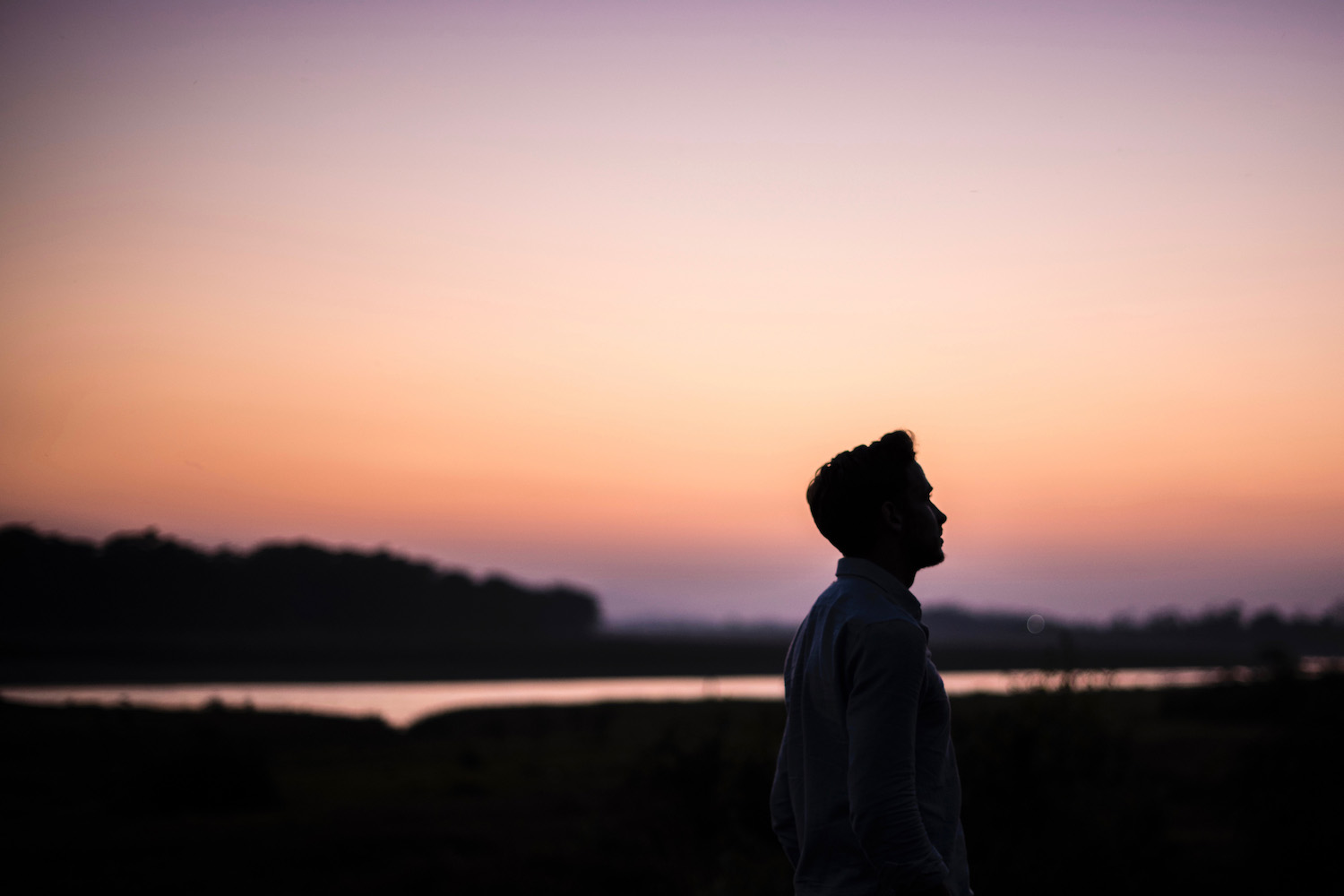

Robert Schrader is a travel writer and photographer who’s been roaming the world independently since 2005, writing for publications such as “CNNGo” and “Shanghaiist” along the way. His blog, Leave Your Daily Hell, provides a mix of travel advice, destination guides and personal essays covering the more esoteric aspects of life as a traveler.








